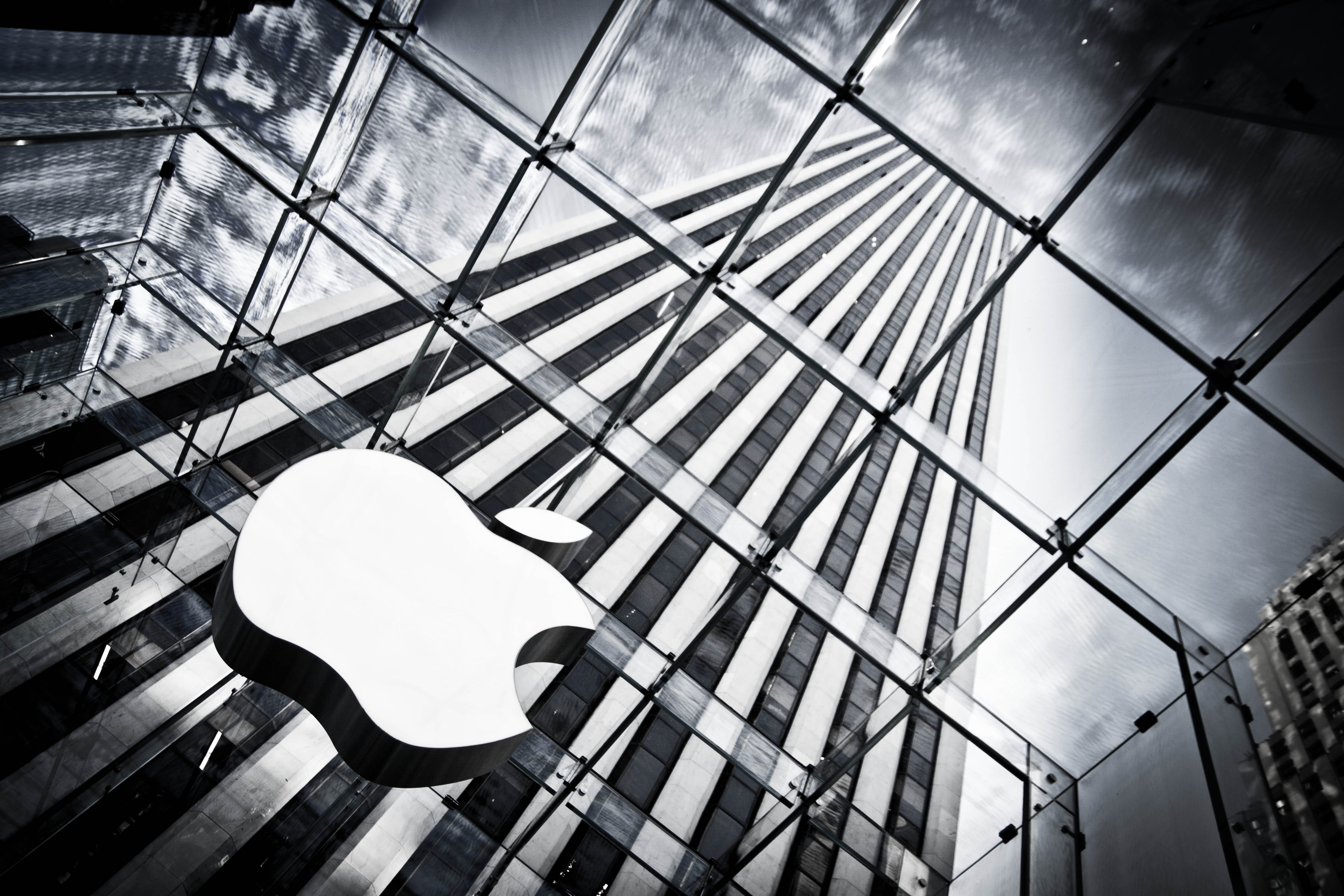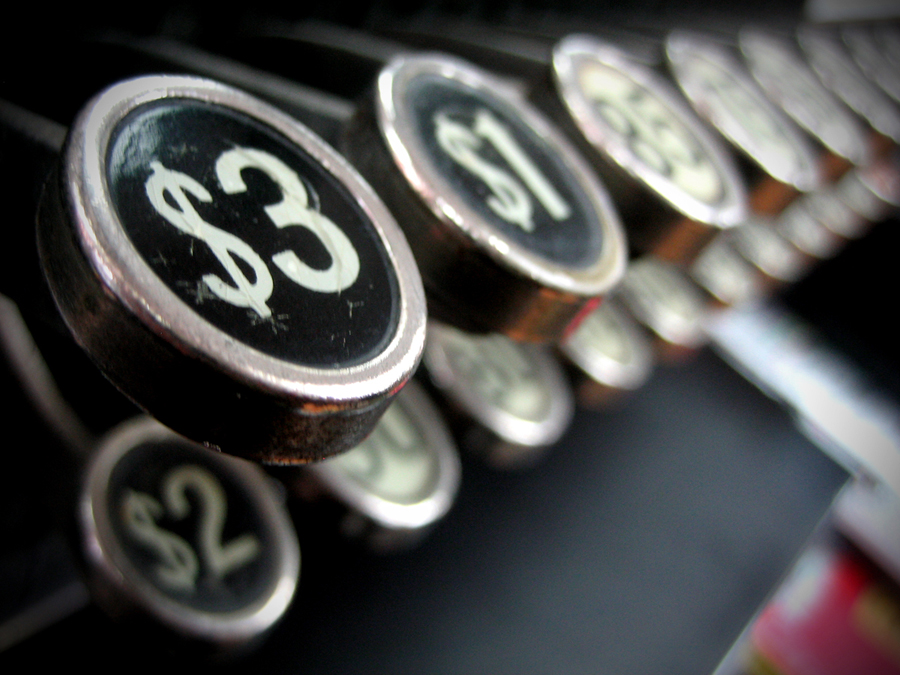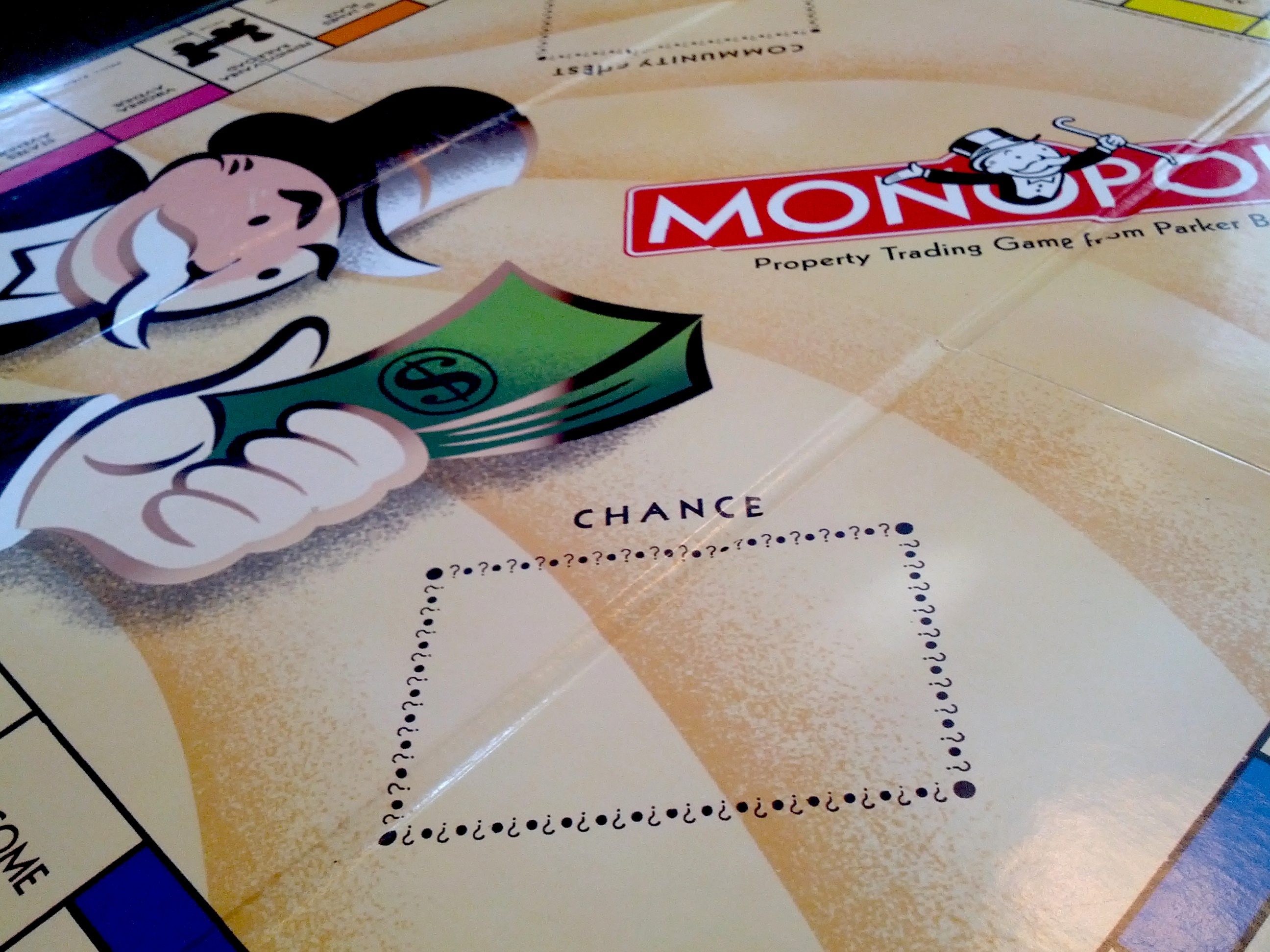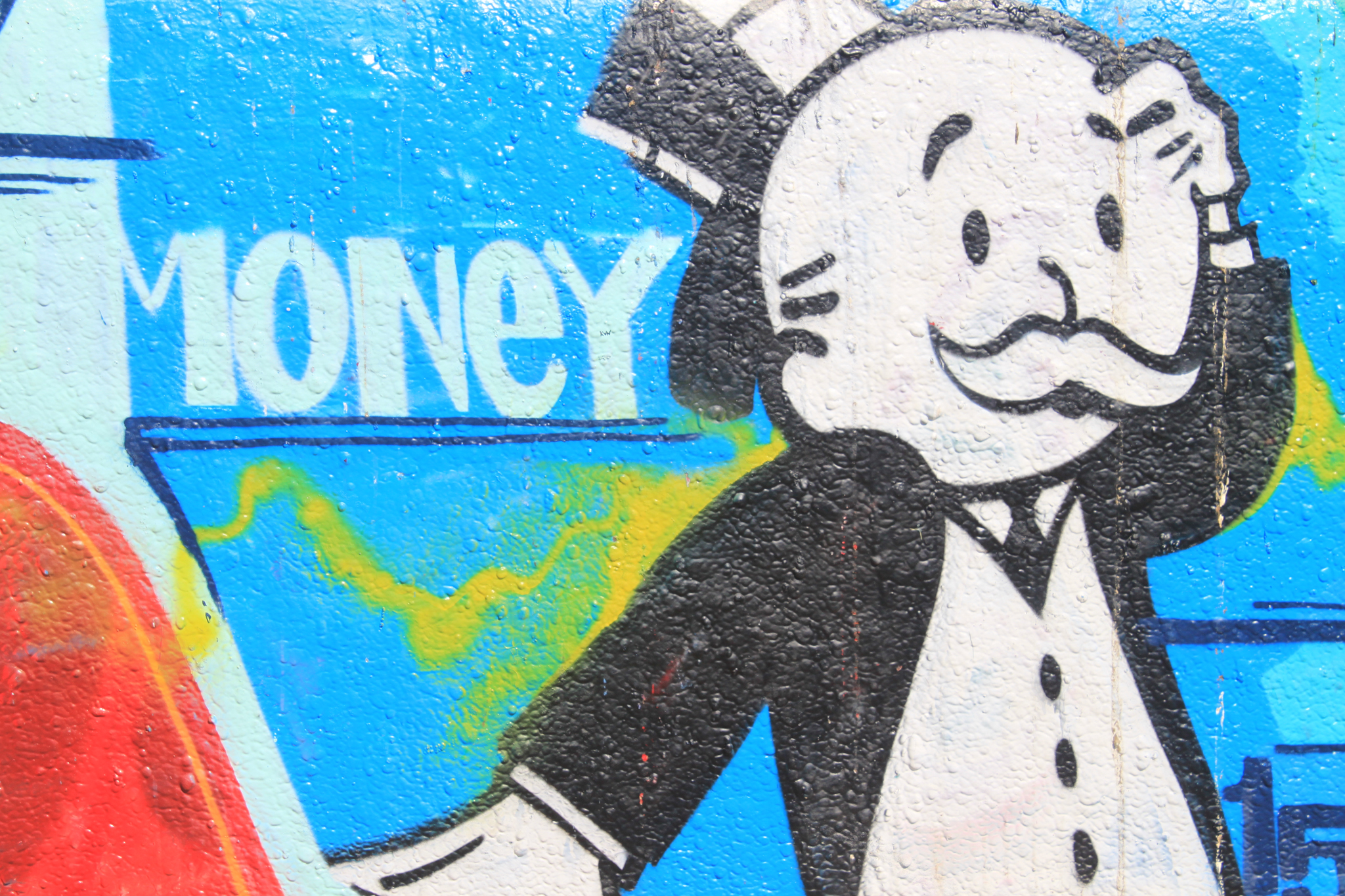Let me preface: this is not a political endorsement for Donald Trump or anyone else. But the comedy and drama of this early campaign cycle sure is interesting. Among yesterday’s dramedy stories catching my attention: Washington Post on Mr. Trump telling super PACs to return contributions gathered in his name.
The presidential hopeful finances the campaign from his wealth and smaller donations from individual contributors. I got to wondering: Wouldn’t a candidate largely using his own money spend differently from someone getting to what amounts to free cash? There’s a stereotype that people spend their own (say, savings) more prudentially than what comes easily and freely (like credit). Is there a difference this early on among the would-be nominees in how or where they spend on the respective campaigns?











